Keywords: Human Relationships
There are more than 200 results, only the first 200 are displayed here.
-

AUSTRALIA
- Vincent Long Van Nguyen
- 28 September 2021
12 Comments
The Australian Government’s decision to buy nuclear-powered submarines has brought to the surface once again big questions around how governments should spend money, particularly during a pandemic. The Government has ditched a $90 billion plan for French submarines in favour of even more expensive boats from the United Kingdom or the United States.
READ MORE 
-

AUSTRALIA
- Andrew Hamilton
- 23 September 2021
15 Comments
Unlike December 25, September 26 is a World Day that passes by in silence. It calls for the Elimination of all Nuclear Weapons. Nuclear power is too mysterious to understand, too horrific to dwell on, and too far away to take responsibility for. It and its destructive power are unthinkable. And yet it continues to press on us, most recently in the announcement that Australia will build nuclear-powered submarines.
READ MORE 
-
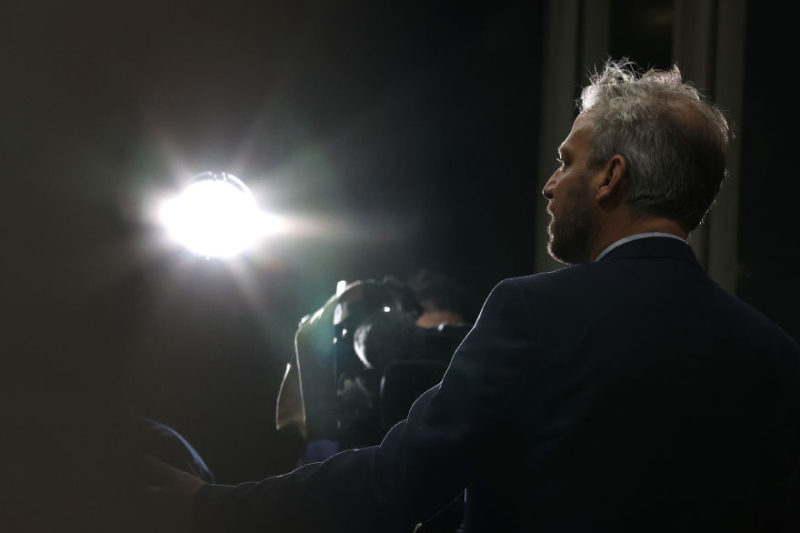
AUSTRALIA
- Andrew Hamilton
- 15 September 2021
7 Comments
A striking feature of the Australia’s path through Coronavirus has been the coming out of epidemiologists and social biologists. From being little known members of small institutes they became rock stars, invited to press conferences, deferred to by politicians, selectively chosen for comment by the media, but also resented by representatives of big business and defenders of individual freedom.
READ MORE 
-
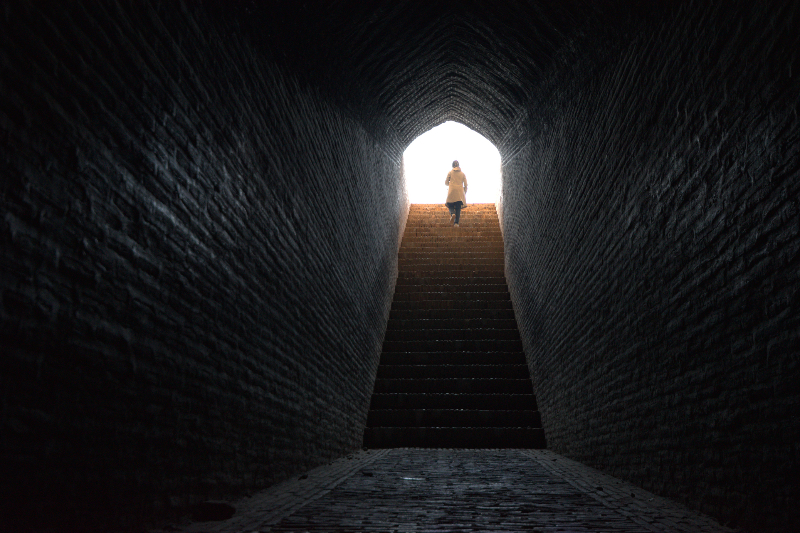
AUSTRALIA
- Andrew Hamilton
- 02 September 2021
11 Comments
As restrictions drag on and the number of infections rises, more Australians are asking when lockdowns can cease. Federal politicians and business leaders have argued the case for a quick ending while claiming the authority of scientists. Science being science, the relevant questions have been tied to numbers. They have asked: how few cases should there be in the community before leaving lockdown? What percentage of the community must be vaccinated before the lifting of restrictions? What number of deaths should be tolerated for the gains of opening the economy? And when precisely should the opening of Australia take place?
READ MORE 
-
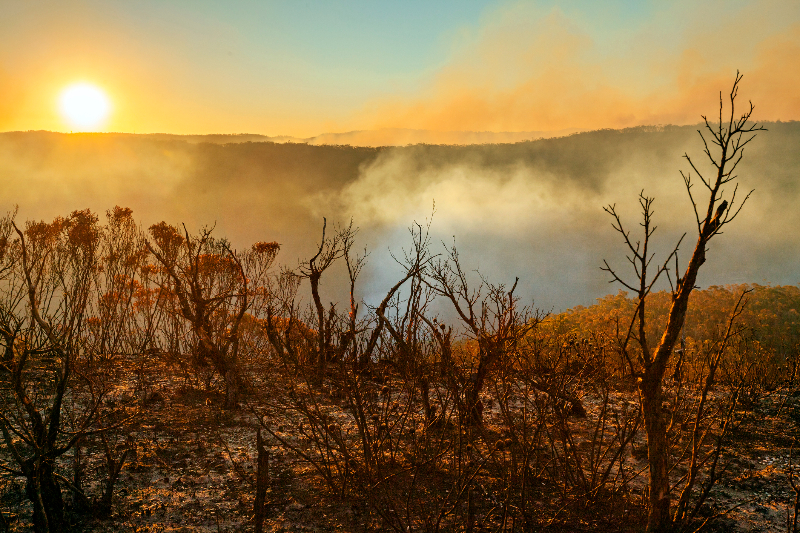
RELIGION
- Andrew Hamilton
- 19 August 2021
11 Comments
Last week the annual Catholic Social Justice Statement was launched. Entitled Cry of the Earth, Cry of the Poor, its theme is care for the environment. In the same week the authoritative Intergovernmental Panel on Climate Change (IPCC) Report warned of the need for immediate and radical effort to minimise emissions and of the likely effects of their existing growth.
READ MORE 
-
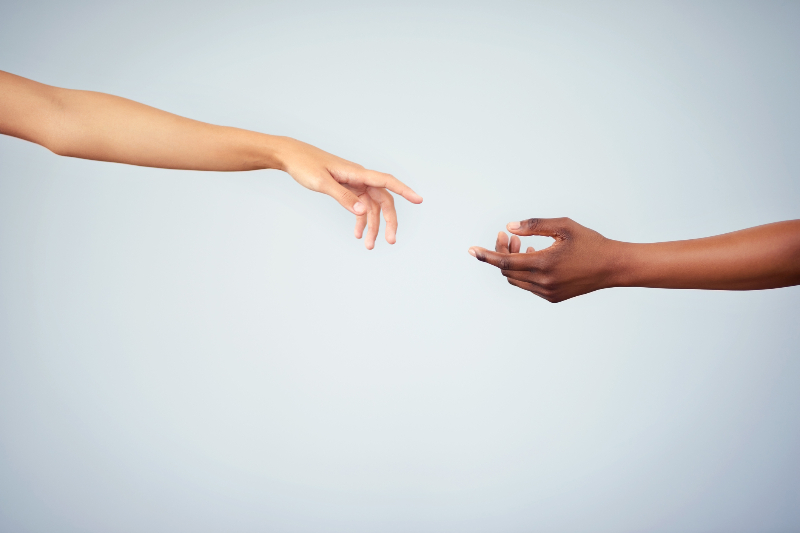
RELIGION
- Andrew Hamilton
- 05 August 2021
60 Comments
Critical Race Theory, which has recently been banned ineffectively by the Australian Senate from the National Curriculum, has everything going for it as a lightning rod. It has an acronym (CRT), opacity and an air of self-importance. It is also associated with a controversial social movement: Black Lives Matter. The theory does not need to be understood before generating heat.
READ MORE 
-
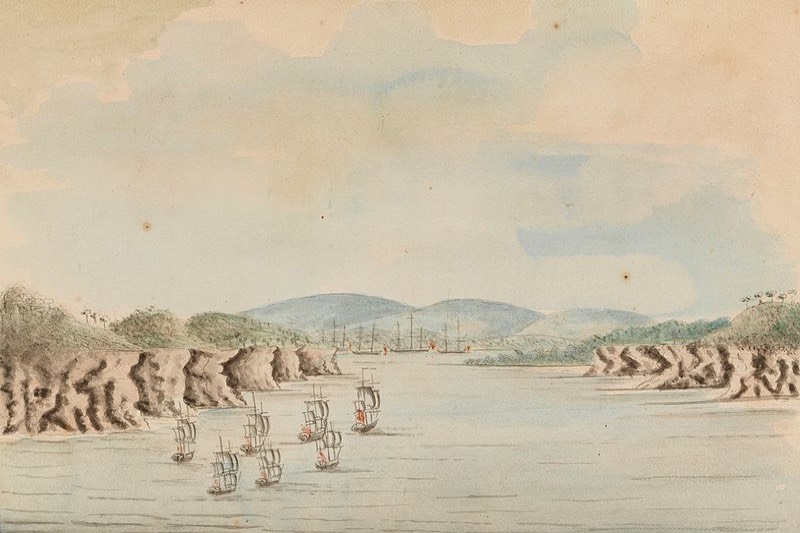
ARTS AND CULTURE
- Andrew Hamilton
- 22 July 2021
9 Comments
It is refreshing to find a work that is exploratory and invites its readers into a world more complex than they had imagined. Such a work is a recent book by Peter Dowling, Fatal Contact: How Epidemics Nearly Wiped Out Australia’s First Peoples.
READ MORE 
-
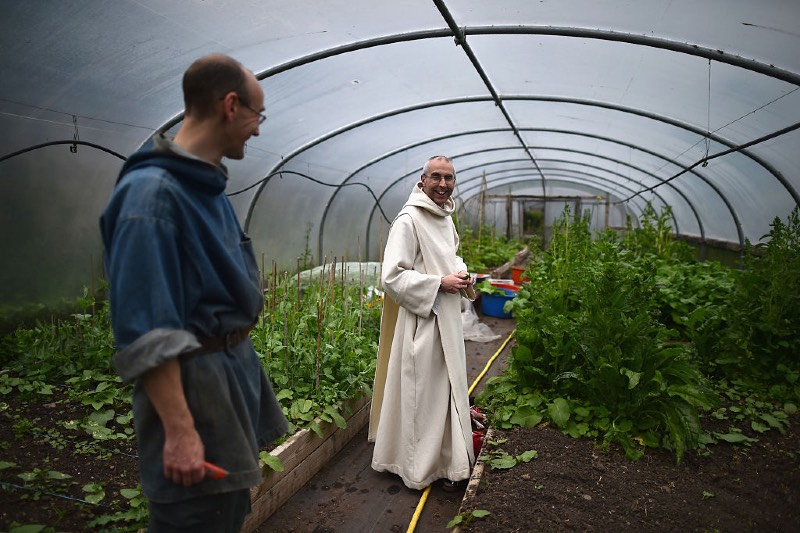
RELIGION
- Andrew Hamilton
- 15 July 2021
14 Comments
Benedict’s rule anticipates and handles the weakness inherent in enthusiastic movements led by charismatic leaders to leave the world. They import into the communities the power-based relationships in the world that they left.
READ MORE 
-
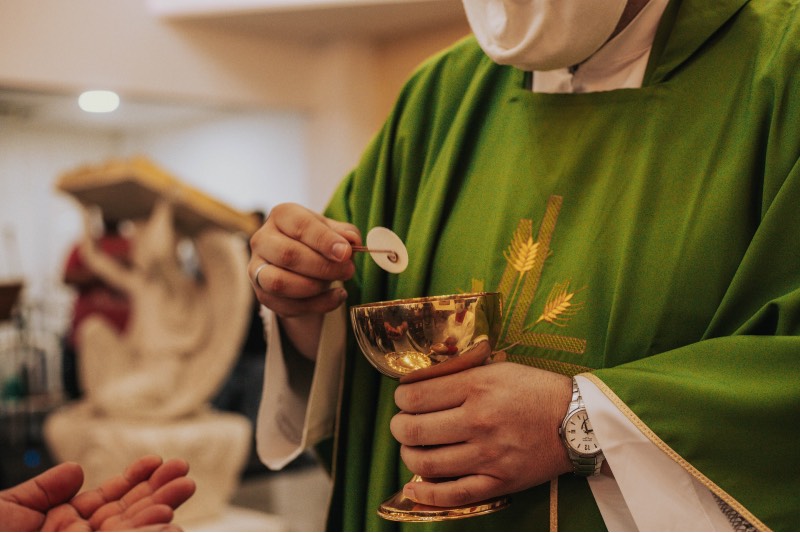
RELIGION
- Andrew Hamilton
- 08 July 2021
38 Comments
Looking from outside at the debates among American Catholics about whether President Biden should be refused communion has been a little like watching the crowd in a Rangers v Celtic game in Glasgow. Much that was said and done fervently in the name of faith showed little familiarity with it. To understand the issue we must enter the Catholic imaginative world in which the Eucharist is central.
READ MORE 
-
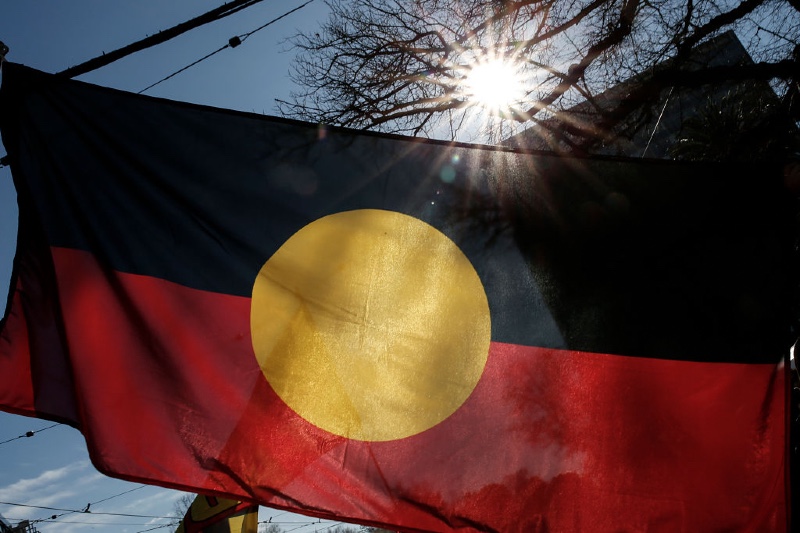
FAITH DOING JUSTICE
But it is possible the members of the Plenary could begin to hear a deeper voice speaking in their hearts. There may arise a new courage to start a process of truth and reconciliation, reporting the process of this journey to the second Plenary Council planned for Sydney, July 2022. We can only begin that journey if members of the Plenary Council come and are open to listening to that deep inner voice.
READ MORE
-

INTERNATIONAL
- Andrew Hamilton
- 01 July 2021
28 Comments
We should resist the pressure to regard China as our enemy. The pressure to do so is powerful, given the cycle of retaliatory words on both sides that further poison relationships. The impetus to enmity, however, damages both sides. To treat people as enemies means that they become enemies, with the result that both sides will spurn the mutual exchanges that can help each.
READ MORE 
-
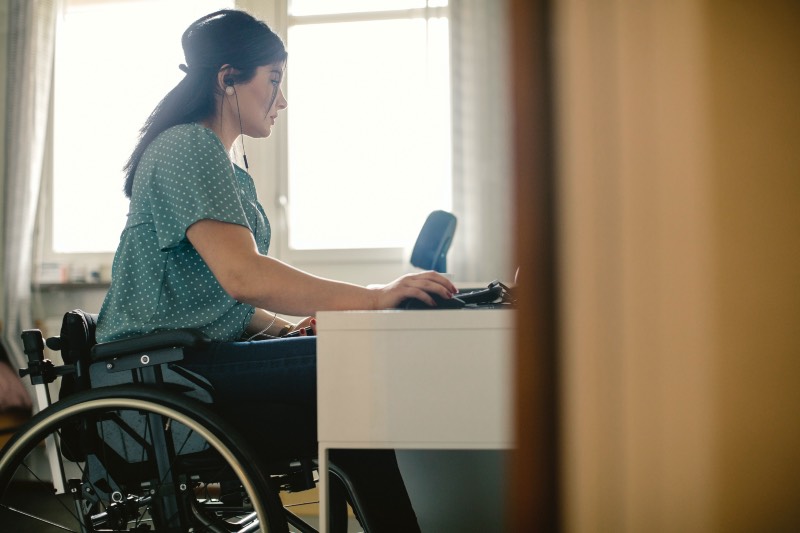
AUSTRALIA
- Cristy Clark
- 17 June 2021
2 Comments
About 1 in 6 Australians (18 per cent) live with disability, and many of these 4.4 million people face daily barriers to their full inclusion in education, work, services, activities, etc, not because of their disability, but because access has been structured around the needs, capacities and preferences of people who do not live with disability. Exclusion has always been a choice, but the pandemic has laid this reality bare.
READ MORE 